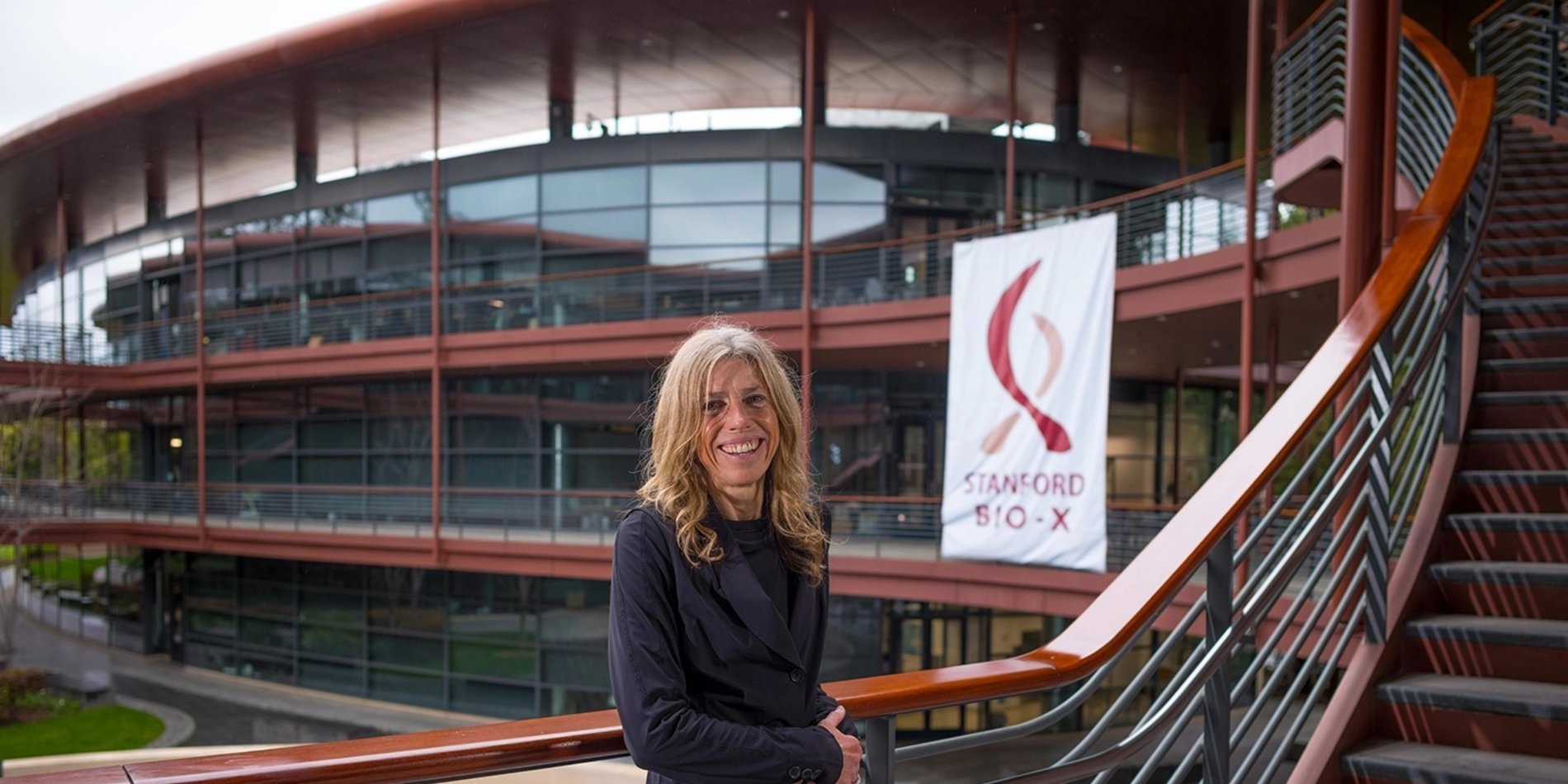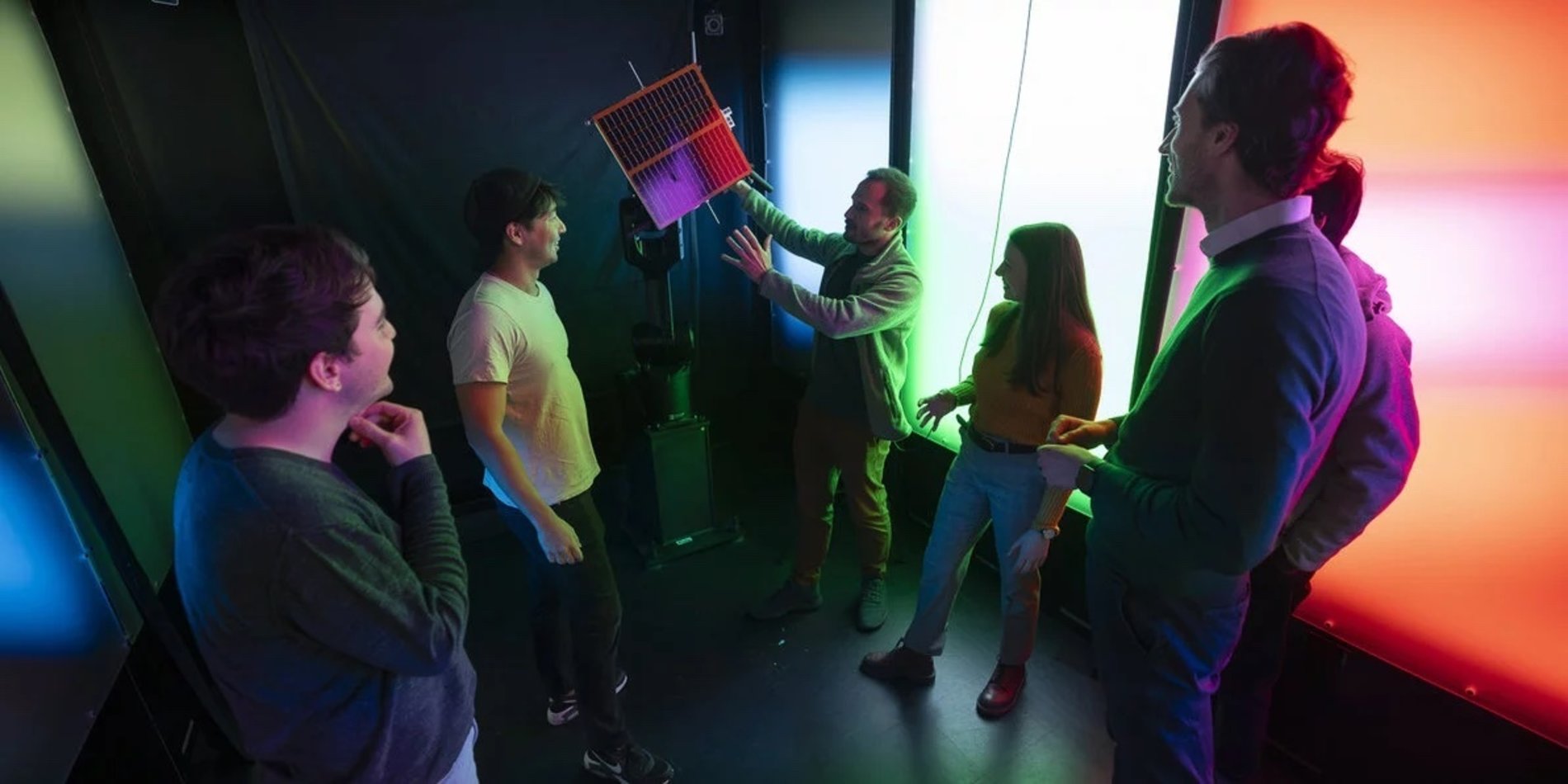AI for Earth | The World's Biggest Challenge

“It’s music to everybody’s ears, seeing this vast potential being deployed around problems of really great urgency and importance...”
Gretchen C. Daily, Professor of Environmental Science and Director of the Center for Conservation Biology at Stanford, perfectly captured the inspiring sentiment of this week’s AI For Good seminar. In a conversation dedicated to AI for Earth, Daily moderated a captivating discussion about values, worries, hopes, and responsibilities with Stefano Ermon, Assistant Professor of Computer Science at Stanford, and Lucas Joppa, Chief Environmental Officer at Microsoft.
The session started with a presentation from Ermon, highlighting the ways in which artificial intelligence has advanced in recent years. AI has made so much progress that “we might be on the verge of an industrial revolution,” every aspect of the economy will eventually be impacted by our advances. Given this, it is important to recognize the ways in which we can move towards globally beneficial AI.
Ermon continued by highlighting the ways in which artificial intelligence can be utilized to help existing environmental efforts. Specifically, Ermon spoke about the “low hanging fruit” of using AI and free satellite images to fill data gaps. He elaborated that many places in the world could greatly benefit from the resource that is data. Having information about the crop yields around the world, about existing infrastructure, or about access to water or electricity could inform the efficacy of existing humanitarian projects, or indicate need of new ones. Ermon encouraged the audience that with AI “we have the opportunity to promote the well being of humanity throughout the world.”
Joppa’s perspectives and comments came from a background in ecology. When Joppa started working for Microsoft, he says “I was interested in asking these large global questions… It’s easy to ask them without computing and statistics but it’s very difficult to answer them without them.”
When Joppa launched Microsoft’s initiative, AI for Earth, it was in a commitment to deploying Microsoft research resources in ways that would be beneficial to ecological and environmental systems. “Budget shouldn’t be a barrier to taking an ML approach to challenges. Those who are often asked to answer the world’s problems are the ones with the least.” Joppa wants parts of the world that are struggling, and academic departments that are underfunded, to be able to have the necessary resources to take their research and aspirations to the next level.
Coincidentally, last week Microsoft announced its commitment to be carbon negative by 2030. In fact, by 2050 “Microsoft plans to remove all the carbon the company has emitted either directly or by electrical consumption since it was founded in 1975.” Joppa explained that this choice, while seen as radical and ambitious by the larger community, is simply grounded in scientific and mathematical analysis indicating the necessity for these steps.
To the question of how Ermon and Joppa can transmit the innovative work they are doing to decision makers, Ermon responded that there are several. “We need to push the frontier of what can be done with existing techniques… we need people to develop AI and ML techniques not related to marketing.” With the intent to share his techniques and data with others, Ermon helped launch a startup. “We want to make as much impact as possible,” and this company is the best vehicle to do so.
With a nod to Joppa, Ermon commented on the future of AI by mentioning, “when we talk to students, really smart students are not content with just working for Google or Microsoft, to deal with AI applied to advertising.” He candidly noted that the students with whom he speaks want to do something more meaningful, to use their talents and training for more meaningful work. This sentiment was echoed by Joppa, who added, “When you’re talking about the environment and sustainability, you’re literally talking about all the things. You’re talking about life on earth. You’re talking about the world’s biggest data challenge, the world’s biggest algorithmic challenge, the world’s biggest compute challenge, and also the world’s biggest challenge. If you can’t put those four things together as a company and see an opportunity, you’re doing something wrong.”
The session ended with words of caution from Joppa. “What worries me is that we’re not going to get around to asking ML approaches to help us solve the world’s real challenges. I feel like the biggest threat is not what AI is going to do if it gets away from us; the biggest threat is that we’re not actually going to get around to deploying it in pursuit of solutions to the problems that really matter.”


